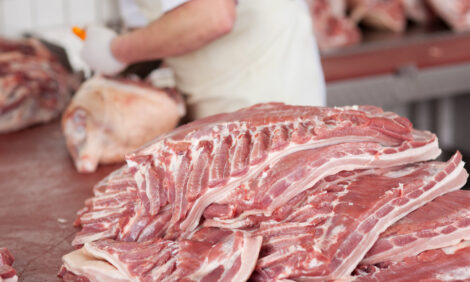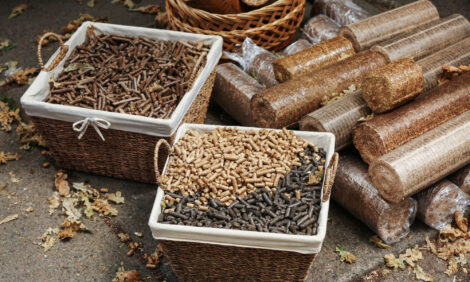



Vet Department Says ‘Rubbish Pork’ Claims Untrue
MALAYSIA - The Veterinary Services Department director-general Datuk Dr Abdul Aziz Jamaluddin has denied claims that pork imported into Malaysia is of low quality and dubbed ‘rubbish pork’.Dr Abdul Aziz said the claims that appeared in several Chinese dailies recently were untrue as imports were only allowed from department-approved overseas abattoirs and these were known to maintain high operating standards.
He said the department always acted to protect the safety and health of consumers in the country and only approved abattoirs abroad after its officers had visited the facilities to ensure conditions were acceptable.
The department, he said, closely monitored the meat being brought in and took action to stop imports if there were reports of disease outbreaks or other pork-related health issues in the countries concerned.
“Reports that the meat is of low grade are untrue and I want to assure consumers they can continue to buy and consume the meat without worries,“ he said.
The Star reports that Dr Aziz said over 98 per cent of the country’s pork supply came from local farmers and this meant that less than 2 per cent of the meat was actually imported.
On another matter, Dr Abdul Aziz said the department was concerned over the large number of unlicensed pig farms in the country and urged state governments to give them licences so their operations could be closely monitored and controlled.
He said of the 778 farms in the country only 478 were licensed by state governments while none of those in Selangor and Malacca were licensed.
“In Malacca’s case the state government is working on moving all of the farms to Paya Mengkuang so their operations, including their waste management practices, can be closely monitored.
“But in states like Selangor where there are 128 farms, there seems to be no progress on creating a centralised farming area or in licensing the farms that have existed for many years,“ he said.
Abdul Aziz said Johor set the best example as not only were all 50 of the farms licensed but the state had its own laws to ensure pig farmers adhered to regulations on the use of growth enhancers like Beta Agonist or antibiotics and that their animals were disease-free and the farms did not create pollution.
He said licensing for the farms were left to the states as land use came under their jurisdiction and the department could only advise the state governments on the best way to manage the farms.
“The Veterinary Services Department is willing to assist the states in any way we can and the states can also take advantage of the federal government programme for creating centralised pig farming areas like what the Sarawak government is working on now,“ he said.
He also said the state governments should press the farmers to adopt environment-friendly operating methods especially since farmers made sizeable gains with over RM200 in profits for every 100kg of meat they sold.







